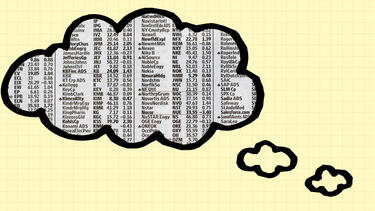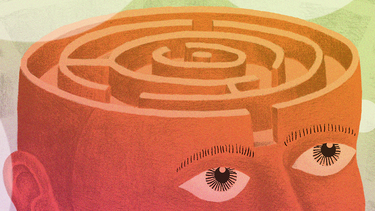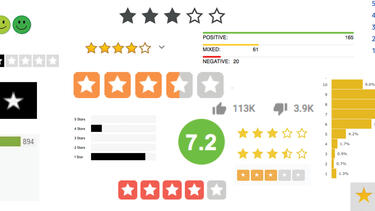Research
How to Turn Your Mistakes into an Advantage
People and companies alike often try to hide their mistakes from public view. New research by Yale SOM’s Taly Reich reveals that sometimes you’re better off owning your gaffes.

Competition Can Make Corporate Cultures More Socially Progressive
A study by Yale SOM’s Alexander Zentefis and Gary Gorton suggests a progressive competitor can push a company to change under the right circumstances.

The Illusion of Multitasking Improves Performance on Simple Tasks
Multitasking is inefficient—but we feel like we’re getting so much done. In a series of experiments, Yale SOM’s Gal Zauberman harnessed this mistaken impression.

Study Explores What Investors Are Really Thinking
Academic theories explaining which factors affect individual investment decisions abound, but few studies have involved asking people about the issue directly.

For U.S. Army, Improving Mental Health Care Meant Breaking Down Barriers Between Teams
The study suggests that for many organizations, assigning professionals from one team as points of contact to members of another—while they still maintain close ties to their own peers—may help resolve conflicts.

What Riddles Teach Us about the Human Mind
Yale SOM’s Shane Frederick and his co-authors investigated why certain riddles can confound us. They found that these “stumpers” expose mental models that blind us to possible answers.

How Can You Make Incentives More Effective? Make Them Opaque.
A study from Yale SOM’s Florian Ederer suggests that when individuals or organizations don’t fully understand how they’re being ranked, they’re likely to work harder for higher ratings.

The Roots of Economic Inequality
A new study co-authored by Yale SOM's Michael Kraus shows that deeply ingrained social behaviors play a role in perpetuating economic inequality.

Can You Trust Bad Online Ratings?
A poorly rated item with few reviews is likely scored lower than it deserves to be, according to research by Yale SOM’s Balázs Kovács and his co-authors.

White Liberals Present Themselves as Less Competent in Interactions with African-Americans
A new study suggests that white Americans who hold liberal socio-political views use language that makes them appear less competent in an effort to get along with racial minorities.
